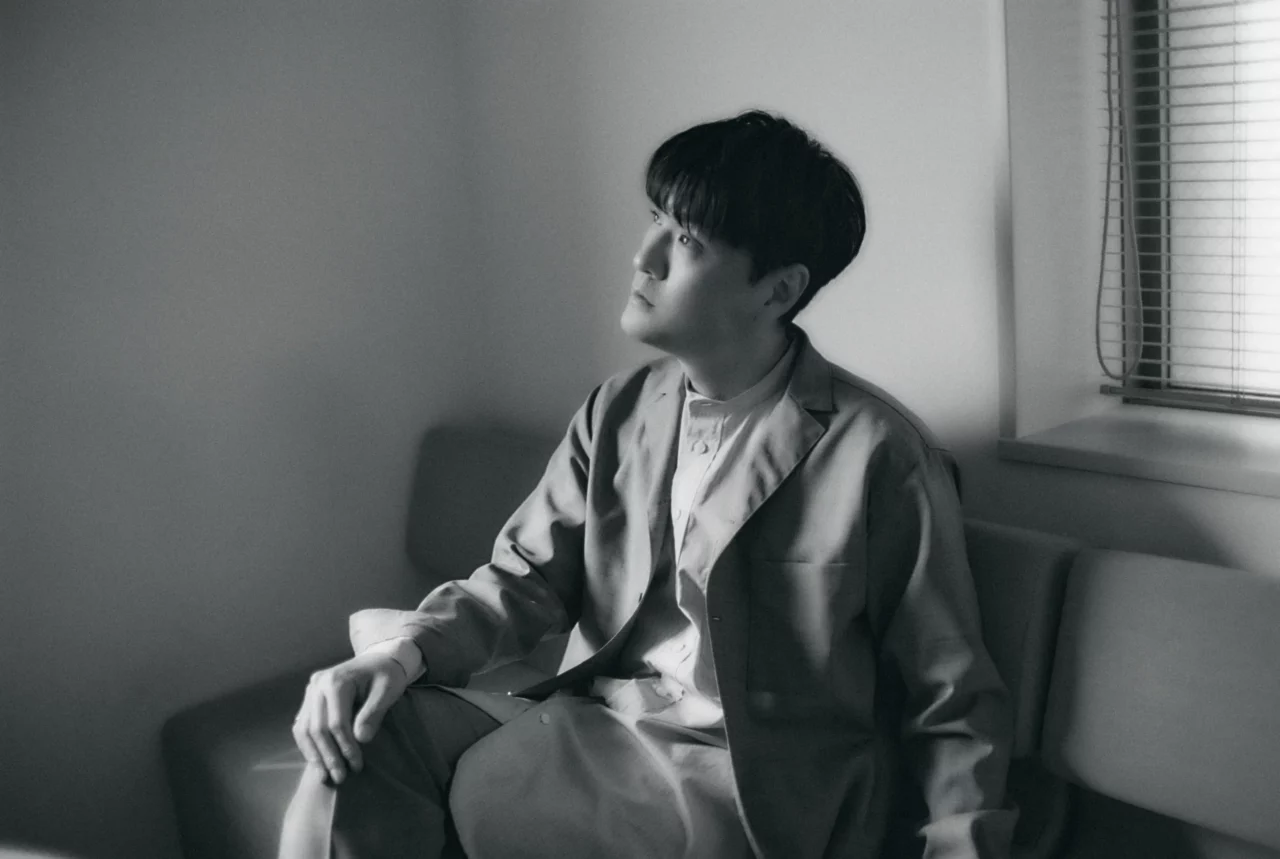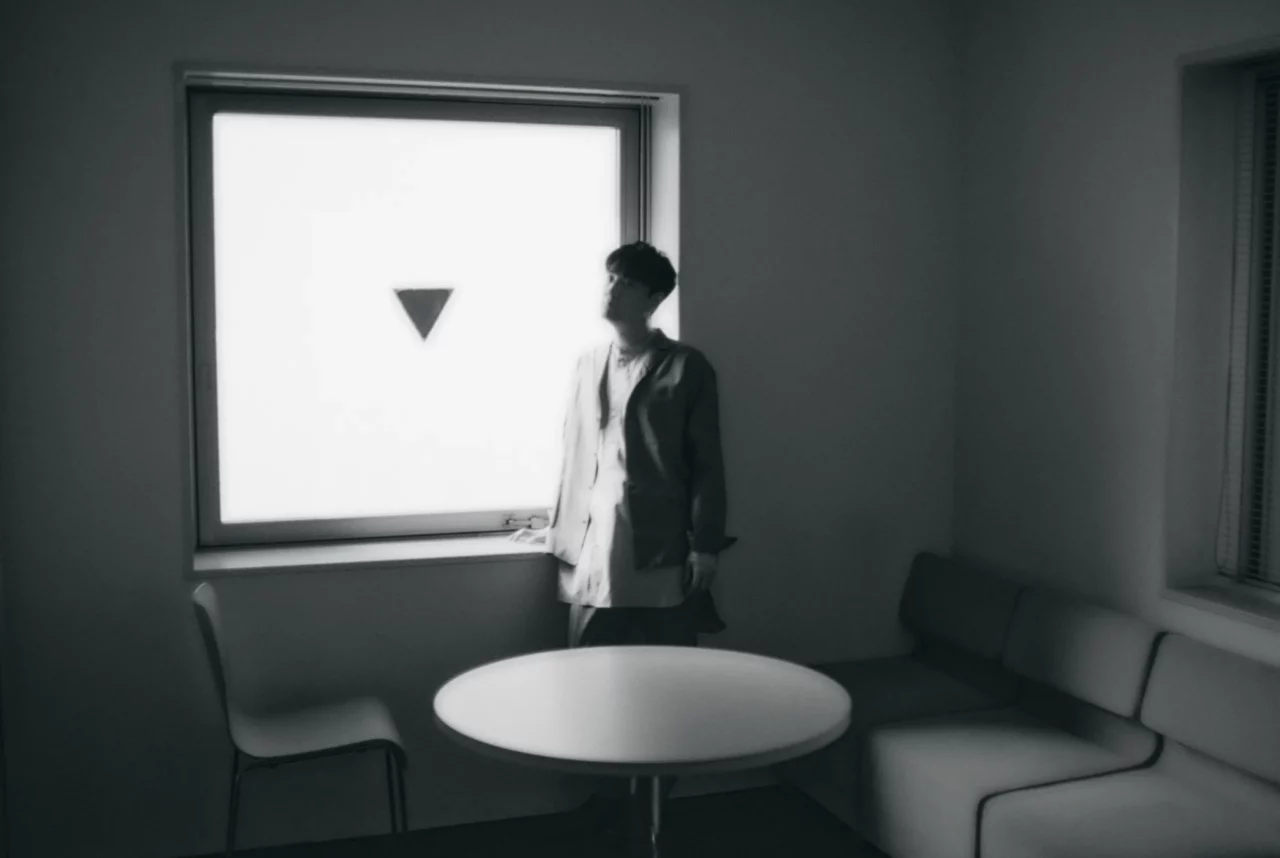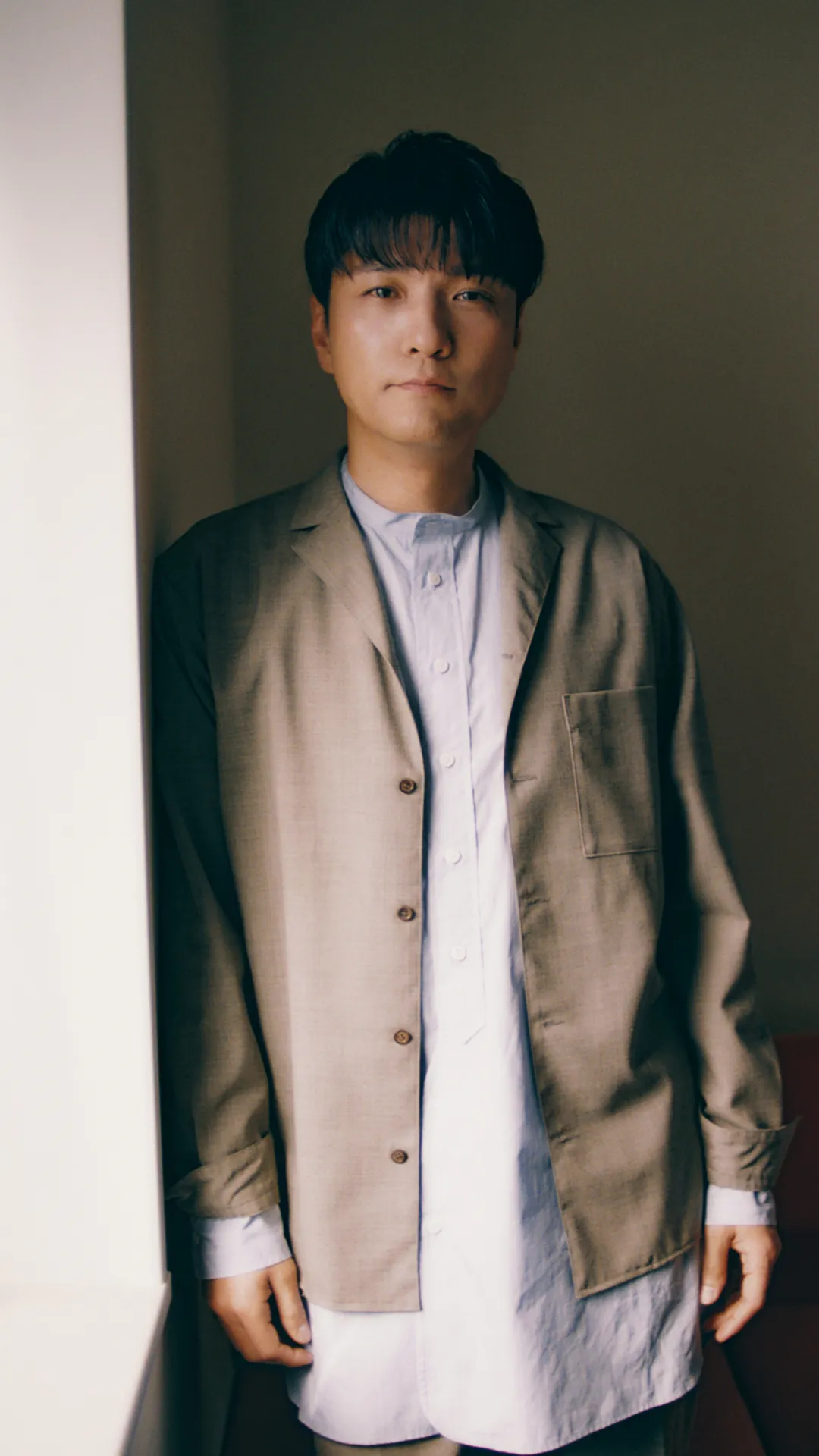INDEX
Letting Go of the Ego: The Path to True Self
Looking back, how would you describe the period from the beginning of the 20th-anniversary tour, which saw the creation of such songs, to the performance at Ryogoku Kokugikan?
Moriyama: It was a time when my live tour and life became intricately intertwined. Over the course of nearly two years, something always happens to a person. I could have easily deteriorated or faced something similar.
That’s true.
Moriyama: But I never imagined that I’d have to say goodbye to my father. At that time, he was 79 years old, and I thought he still had plenty of life left in him. But looking back, I think the creation of the song “papa” may have been some kind of turning point. So, ironically, the year my father became aware of his impending death, and the journey I embarked on during this tour, became intertwined, and the result was a film that captures that complex period.
What was that year, when your father became aware of his impending death, like for him?
Moriyama: My father lost his mother when he was in elementary school, and he became the kind of person who thought, “No one could possibly understand my loneliness.” He had a self-pitying side to him. I think that made life very difficult for him, and even until the end, he was stubborn and couldn’t open up. I feel that was one of the reasons for the divorce.

Moriyama: In my father’s final years, I was caring for him in his hospital bed. He had lung cancer, so his condition deteriorated rapidly. About two months before his death, one morning, he suddenly woke up, and as he did, the faces of the people around him came to his mind. He had never been able to cry before, but on that day, tears just kept flowing from morning until evening—he said it felt like a lifetime’s worth of tears. I had been gently rubbing his back every day, and I think, in that moment, his body reacted more than his mind, possibly bringing up memories of when he was with my mother.
He then realized how much he had lived his life with unnecessary pride and stubbornness. He regretted it, but at the same time, by acknowledging it, the emotional blockage seemed to lift, and he felt that finally, as his true self, he would be able to meet my mother in the afterlife. He cried once again. In that moment, I witnessed how life can bring you back to your true self.
This story seems to connect to the feelings you remembered about your father from your childhood.
Moriyama: Yes. In other words, people can’t completely change, but at certain moments, they can return to their original selves. Everyone is born innocent, and as we grow, we form our personalities through family and school life, developing a sense of self. But when you’re in your 30s or 40s, you start letting go of the ego and attachments you’ve built. I believe that living is a process of shedding the things you’ve picked up and returning to your pure self. I always thought my father was the kind of person who couldn’t change, but at the moment of his death, he was finally able to let go. In the end, he was freed from both the physical suffering and mental anguish, and he departed for a bright, new world.


























